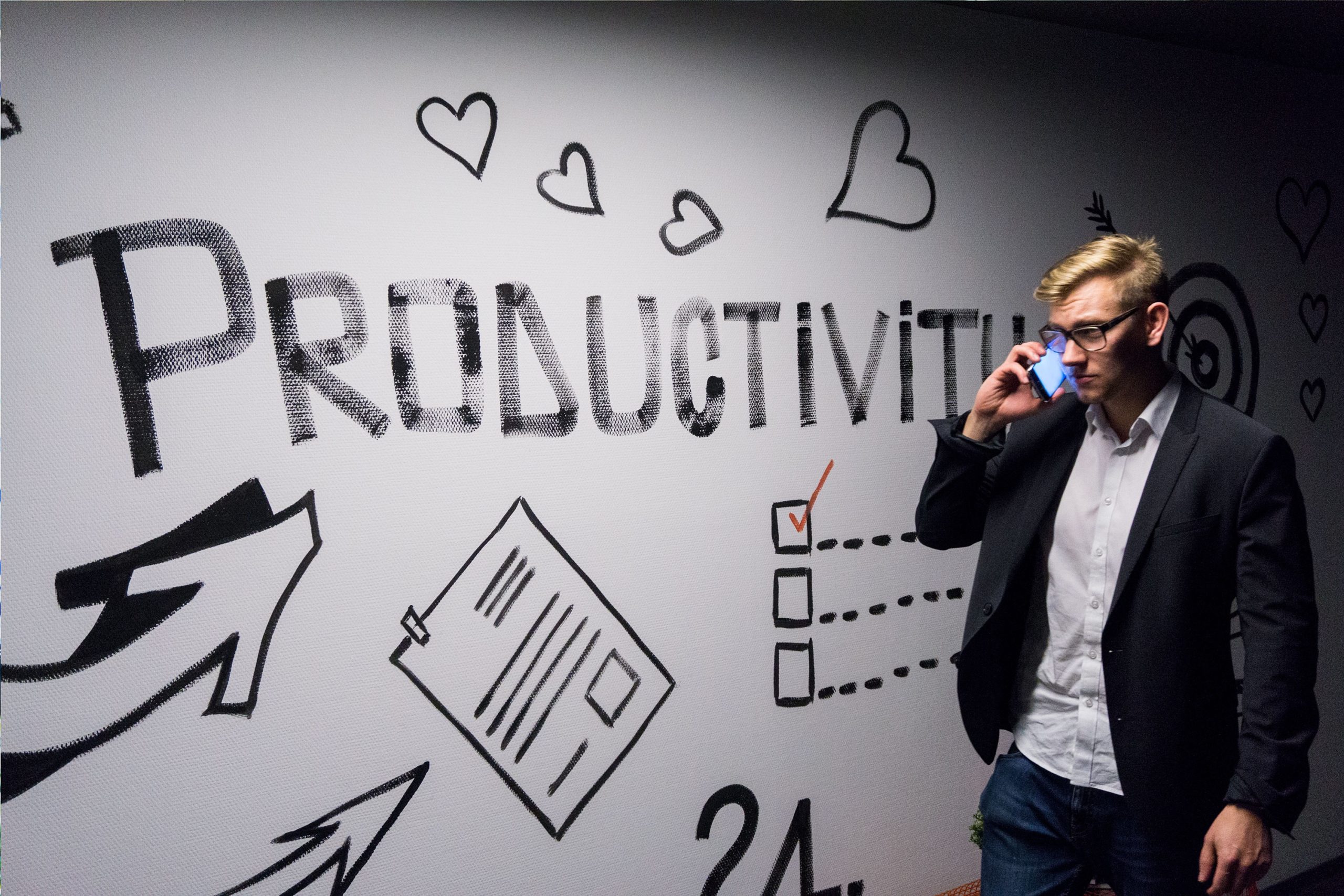How to Ultimately Increase Your Productivity
Making the most out of our time is imperative, as we only have so many in a day. If you want to get
many things done, you may need to put more hours into working, which could lessen your time to do other
equally important things, or you could improve your time-management skills.
No one is inherently born with exceptional time-management skills, but it can be improved over time. Time-
management, if done right, can significantly increase your productivity. Time-management isn’t as
complicated as rocket science, but it requires diligence.
In this article, we’ll share with you some tips on how to increase your productivity starting with:
1. Track Your Progress on a Task and Set a Limit
Never rely on your ability to gauge how much time you’re spending on a project, no matter how much
you think you’re good at it. Research suggests that only a handful of people, precisely 17% can
accurately gauge and measure the passage of time. There are various apps and software available for
free that can track and let you know how much time you’ve been spending on your tasks, emails, social
media, etc.
2. Take Regular Breaks
Taking a break may sound counter intuitive, but studies have shown that taking periodic breaks of 5-10
minutes can significantly improve concentration. It helps you maintain performance at a continuous level,
which is essential for long tasks. As opposed to working non-stop on a long task will cause a considerable decline
in performance.
3. Set Deadlines
We often think of stress as a bad thing, but a manageable self-imposed type of anxiety might be the
help you need to push you through the tasks of meeting your deadline. Having a self-imposed deadline
can help you focus on the task at hand. This type of strategy still applies to you even if you have an open-ended project; you need to stick to it. You’ll be surprised at how much a deadline can help you
focus on the task at hand and improve productivity.
4. Obey the Two Minute Rule
Experts and successful people in all advice in following the two-minute rule to get the most out of your
limited time to work. The concept of this rule is: if you come across a task that can quickly be done in
under 2 minutes, you immediately focus and get the task done. Experts have said that completing the task right away cuts down the time you spend on a project by not having to back to that specific task.
5. Say No to Meetings That Aren’t Important or Necessary
Meetings are considered to be the biggest time-sucks, yet people still regularly attend them, book
them, and in the end, complain about the said meeting. When you go to a meeting, make sure that there’s
something to learn from it, or it’s essential if you’re in an office environment.
According to a statistic by Atlassian, an average worker spends a staggering 31 hours on unproductive
meetings each month. Before going to another meeting, try and figure out whether what’s discussed in
the meeting can be compiled and emailed to you, or if you can do your tasks remotely.
6. Avoid Multi-Tasking
Many of us tend to think that multi-tasking as an important factor in improving efficiency, but it’s the
opposite that’s found to be true. Research has shown that trying to take on several tasks at once results
in lost time and inefficiency. Instead of multi-tasking, why not focus on a single task and get it done as
soon as possible, then you move on to the next.
7. Make The Most Out of Your Commute
If you’re taking public transportation to work, or stuck in traffic, instead of playing or watching videos –
try to answer some of your emails, come up with a to-do list, and do some brainstorming while on your
way.
8. Avoid Trying To Be Perfect
It’s common for people to want to do things correctly, but the reality of things is, nothing can be done
perfectly. There’s bound to be flaws and instead of taking too much time in trying to achieve
said “perfection,” try to do your task as best as you could and move on to the next. Complete a task and
on to the next. If you have the time, you can go back to your previous completed task and improve it if
possible.
9. Exercise Breaks
There’s a study from the Journal of Occupational and Environmental Medicine that shows – a quick
exercise during work improves productivity. Set a schedule during the week and take a walk, or get a quick gym session to boost your energy. Who knows? It may be just the thing you need to clear your head.




